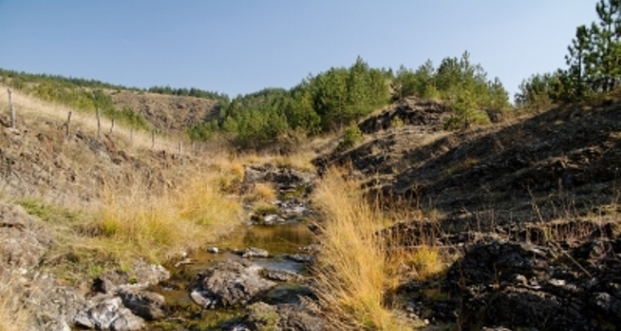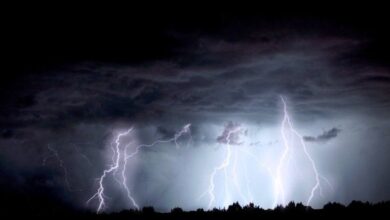First Sunday In Advent – Stay Awake!

(By Fr. Dexter Brereton)
“Stay awake, praying at all times for the strength to survive all that is going to happen and to stand with confidence before the Son of Man.”
[simpleazon-image align=”left” asin=”1616369450″ locale=”us” height=”375″ src=”http://ecx.images-amazon.com/images/I/513%2BfSD%2B2XL.jpg” width=”249″]With this Sunday’s liturgy we begin the season of Advent. The word “Advent” comes from the Latin word adventus which means “coming” and originally described the whole mystery of the incarnation. The conception of Jesus was an ‘advent’ as was his birth and so will be his final coming at the end of the world. In the Church’s liturgical calendar, Advent is the first liturgical season of the year and begins on the Sunday nearest to November 30th, the feast of St Andrew.
In terms of its spirituality, Advent looks backwards towards the coming of Jesus in time and forward to his coming to judge the living and the dead. It blends together a penitential spirit very similar to Lent, in preparation for Jesus’ final coming and the joyful theme of getting ready for the birth of the Saviour at Bethlehem. In a nutshell one can say that the season of Advent celebrates the mystery of “waiting.” The season itself finds its beginnings in the fourth century where it gradually took shape in Gaul and in Spain as a period of preparation for the feast of Christmas. Christmas itself had been developed in Rome as a kind of Christianization of an older pagan feast in celebration of the victorious sun called Natale solis invicti (birth of the unconquered sun). By the middle of the sixth century, the church in Rome placed particular emphasis on the ember days (i.e. periodic periods of fasting and abstinence on Wednesdays, Fridays and Saturdays, throughout the year), especially those that occurred after the feast of St Lucy on December 13. These days had a distinct penitential flavor and were said to be in direct competition with the pagan festival of Saturnalia (from December 17-23), which involved gift exchanges, feasting and excesses. By the end of the sixth century this period of preparation had evolved into a four week period.
This first Sunday of Advent as the Second focuses on the second coming of Christ at the end of the world. Its theme in general is “vigilant waiting for the Lord who is coming.” The spirit of the liturgy is one of hopeful expectation of , of trusting and fervent prayer that will not be disappointed. This attitude is beautifully expressed in the entrance antiphon for the mass of the First Sunday of Advent:
To you, I lift up my soul, O my God.
In you, I have trusted; let me not be put to shame.
Nor let my enemies exult over me;
And let none who hope in you be put to shame.
This Sunday, I find myself particularly touched by the phrase “stay awake, praying at all times for the strength to survive all that is going to happen and to stand with confidence before the Son of Man.” I find myself in a time of high anxiety. There is much trouble in the world. The opening phrases of the Gospel reading are particularly meaningful at this time. “…on earth nations in agony, bewildered by the clamour of the ocean and its waves; men dying of fear as they await what menaces the world…” For example, the deaths of over 120 people in Paris, more in Iraq and the shooting down of a Russian warplane are particularly dangerous developments in the Middle East. The Holy Father has made allusions to World War Three already being fought in a ‘piecemeal’ fashion. In my life there is excruciating pain as I wait for a number of important projects to take shape. In all this the Lord invites me to prayerful, and hopeful waiting. I find myself then constantly praying to the Holy Spirit for guidance and strength. Perhaps we could all do the same:
Soul of my soul, I adore you,
Enlighten, guide, strengthen and console me,
Teach me what I ought to do and command me
To do it,
For I promise to be submissive in everything you
Should ask of me,
And to accept all that you permit to happen to me,
Only show me what is your will.






